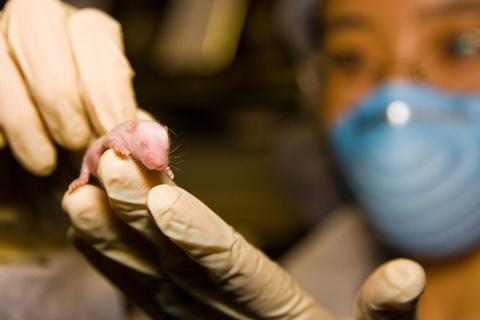Lab mice may not be effective models for immunology research

Lab mice may not be effective models for studying immune responses to disease according to researchers at the University of Bristol and London School of Hygiene & Tropical Medicine (University of Bristol, 2017).
The findings of the study, published in Nature Communications, have implications for all aspects of medical and scientific research because laboratory mice underpin studies whose results have a transformative effect on human and animal lives through vaccination and other immune-based therapies.
Professor Mark Viney, from the University of Bristol’s School of Biological Sciences, and his colleagues, studied the immune systems of four hundred and sixty wild mice taken from twelve sites in the UK and compared them with mice bred in captivity.
The study found that these two groups of mice have major differences in their immune system. The wild mice had highly activated immune systems, most likely because they are more exposed to infections. The wild mice also tightly control their responses to new infections, probably to prevent immune-mediated disease. In sixty two immunological measures, fifty seven differed between wild and laboratory mice. Importantly, the researchers showed that wild mice have more highly activated myeloid cells, bone marrow cells that initiate immune responses.
Mark Viney said “It’s remarkable that despite the enormous number of studies of laboratory mice, ours is the first in-depth study of wild mice immune systems. What this shows is that wild mouse immune systems are working at ‘warp-speed’, compared with their lab cousins. These results point to us having to be much more cautious in extrapolating from the lab to the wild, but laboratory mouse models will continue to be hugely important in biological and biomedical research.”








